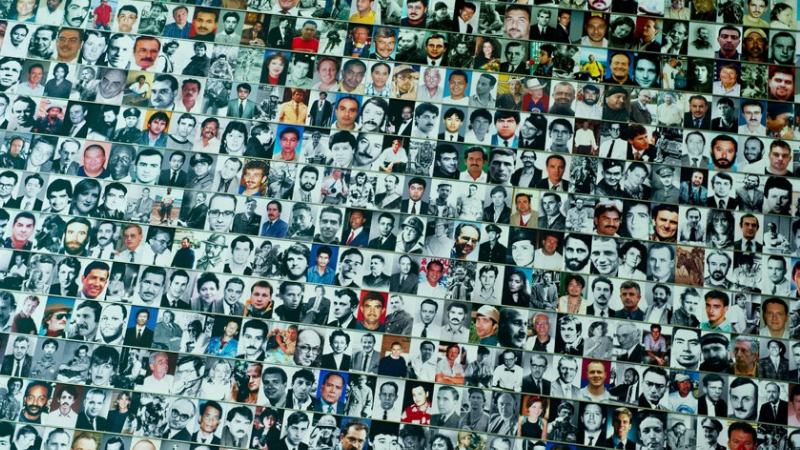Over the past decade, 226 of the 278 journalists killed as a result of corruption, organized crime, extremist groups, and government retaliation, have been murdered with impunity, according to the Committee to Protect Journalists’ 2021 Impunity Index, which focuses on countries where journalists are murdered, and their killers go free.
The index shows there has been little change from the previous year, with Somalia occupying the top spot for the seventh consecutive year, as the worst country for the unsolved killings of journalists. It is followed by Syria, Iraq, and South Sudan. In 81% of all the cases in the Index, CPJ recorded complete impunity.
Further underscoring the endemic nature of this lack of accountability, all 12 countries on the list have featured multiple times since CPJ first ranked the data, and seven of these countries have appeared every year. Globally in 2020, at least 22 journalists were singled out for murder in retaliation for their work, more than double the total for 2019. For the year 2021, the number of murders is inching closely to last year’s, but political volatility in a number of high-risk nations makes the final 2021 total difficult to predict.
CPJ’s Global Impunity Index methodology calculates the number of unsolved journalist murders as a percentage of each country’s population. For this year’s index, CPJ examined journalist murders that occurred between September 1, 2011, and August 31, 2021, that remain unsolved. Only those nations with five or more unsolved cases are included on the index.
Additionally, although the Index reflects some of the most dangerous countries for journalists, it doesn’t include the full scope of threats to press freedom, from imprisonment to surveillance, to physical attacks.
The report, compiled by Jennifer Dunham, CPJ’s Deputy Editorial Director, also notes a few positive developments in countries that not ranked on the index, including Malta, where Yorgen Fenech was indicted in August this year, for his alleged role in the 2017 murder of investigative journalist Daphne Caruana Galizia, a move that Corrine Vella, the journalist’s sister, called “a turning point in the pursuit of justice.”
Earlier, in June, the Supreme Court in Slovakia canceled the acquittals of two defendants in the 2018 murder of investigative reporter Ján Kuciak and his fiancée, reversing a setback in the pursuit of justice for another journalist who – like Caruana Galizia – was killed for his reporting on corruption in the European Union.
“When justice is subject to corruption and political power feuds, these forces silence journalists and the critical stories they tell,” said Gypsy Guillén Kaiser, CPJ’s advocacy and communications director. “It is imperative that authorities fully investigate these crimes and stop censorship by murder. This task cannot be left to the families, colleagues, and civil society groups tirelessly seeking justice.”
The Committee to Protect Journalists was part of a delegation of five international press freedom organisations that visited Malta between 14 and 16 October to mark the 4-year anniversary of the assassination of Daphne Caruana Galizia.
As part of its commitment to securing justice for journalists CPJ, together with two other leading press freedom groups, Free Press Unlimited (FPU), Reporters Without Borders (RSF) have established a People’s Tribunal to investigate their murders and hold governments accountable.
The People’s Tribunal on the Murder of Journalists will indict the governments of Sri Lanka, Mexico, and Syria for failing to deliver justice for the murders of Lasantha Wickrematunge, Miguel Ángel López Velasco, and Nabil Al-Sharbaji and will include key witnesses Hatice Cengiz, academic and fiancée of Saudi journalist Jamal Khashoggi, Matthew Caruana Galizia, journalist and son of Maltese journalist Daphne Caruana Galizia, and Pavla Holcová, investigative journalist and colleague of Slovak journalist Ján Kuciak.












